

The documentary is a tribute to Theater based on the trajectory of Clarice Niskier who made her job her own lifestyle. As a central axis, interviews with the three directors with whom Clarice developed long partnerships: Domingos Oliveira, Eduardo Wotzik and Amir Haddad. Through an intimate and sensitive look, the film reveals her passion for the craft, her life experience, her poetic worldview, her spiritual and intellectual search, pains, joys, losses and gains. Clarice makes the black box the more than perfect symbol of her own Universe: the Theater.
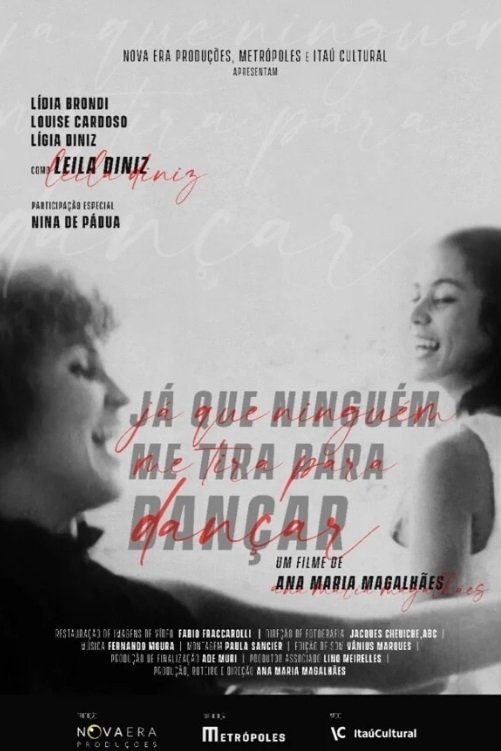
Conducted from interviews with personalities who lived with Leila Diniz (1945-1972), the documentary is a record of an era and, above all, it rescues the participation in Brazilian culture of the actress who opened the way for the sexual revolution during the dark years of the dictatorship.
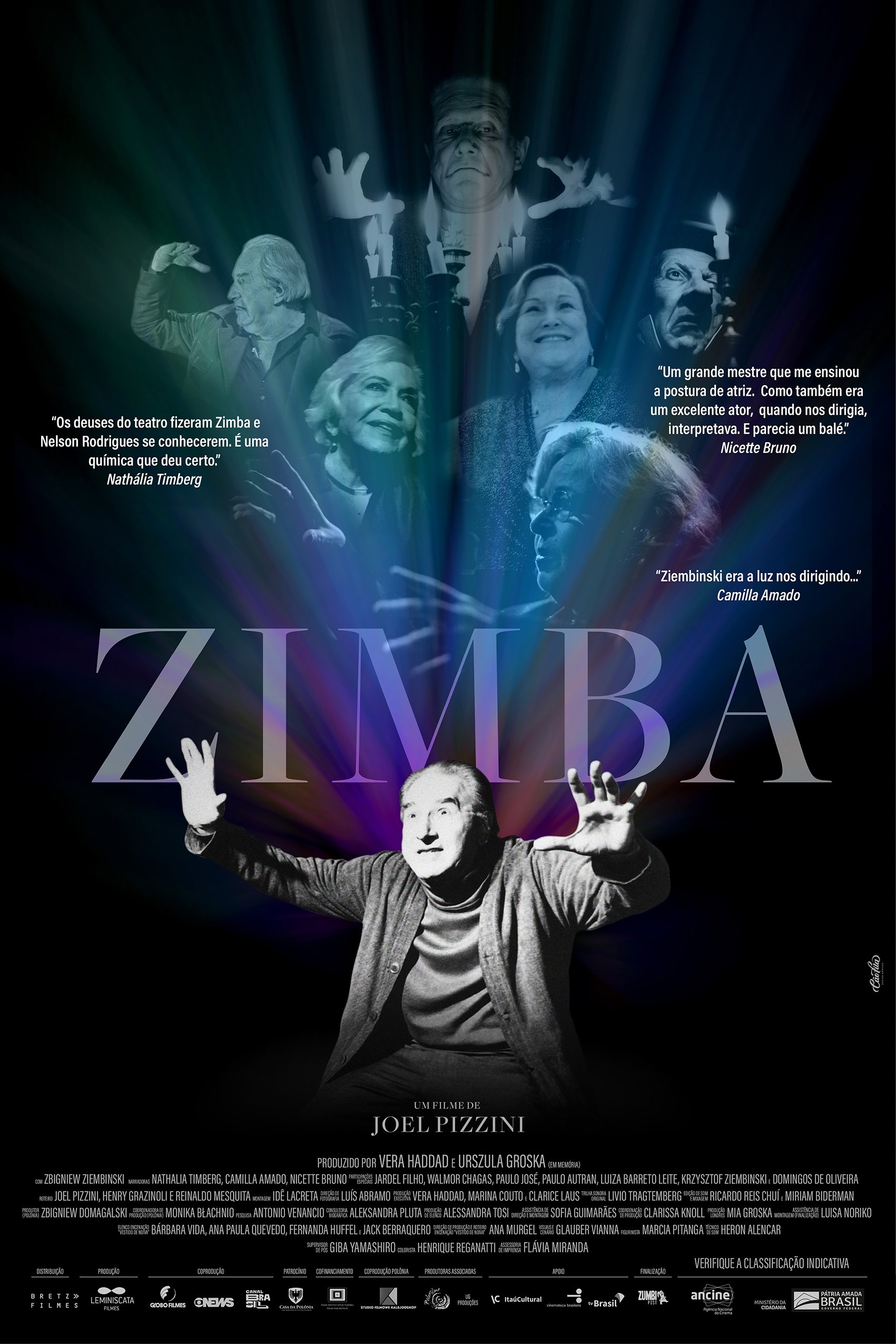
The trajectory and artistic imagery of actor and director Zbigniew Ziembinski (1908-1978), precursor of modern theater in Latin America and master of generations of Brazilian actors. The polyphonic montage builds on vast unpublished material, covering half a century of performances, teletheaters and interviews by Zimba, as he was known – before and after fleeing Poland, on the eve of the invasion of Warsaw – and recreates fragments of Wedding Dress , a play by Nelson Rodrigues which the Polish-Brazilian director won a revolutionary montage in 1943.
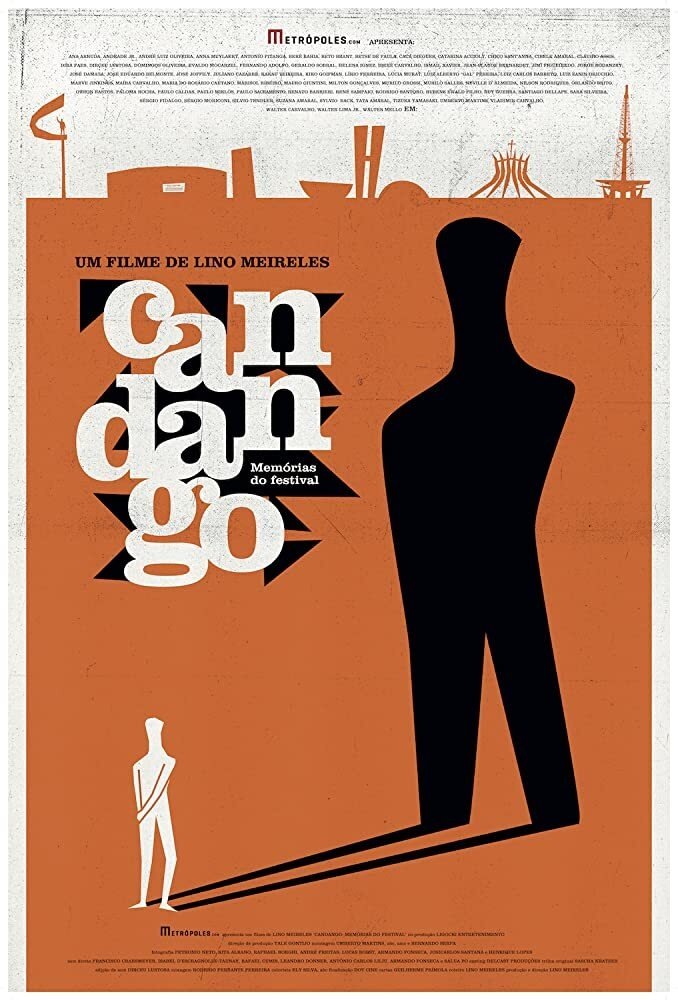
In 1965, a year after the military coup in Brazil, an oasis of freedom opened in the country's capital. The Brasília Film Festival: a landmark of cultural and political resistance. Its story is that of Brazilian cinema itself.
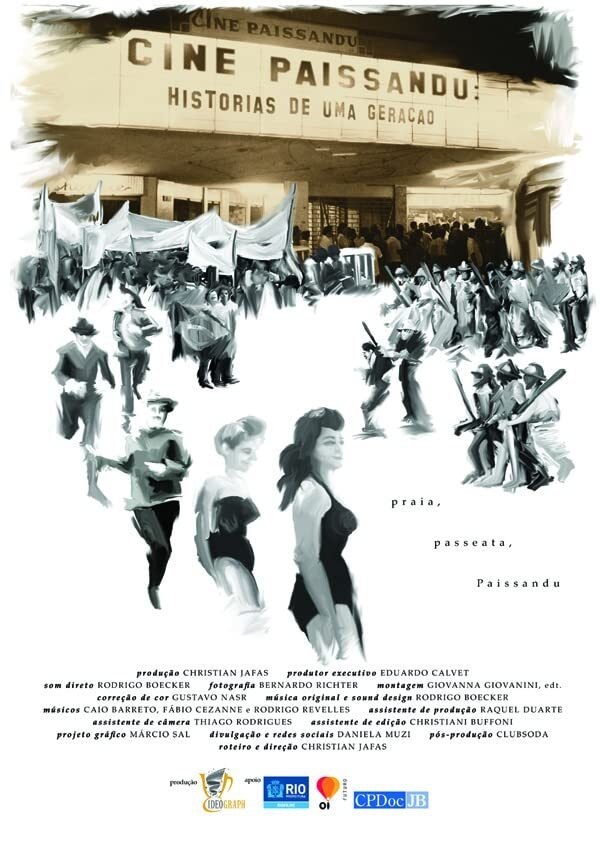
Documentary about the cinema that formed the Paissandu Generation, in the 60s, and the cultural and social impact of that period for the country's history.
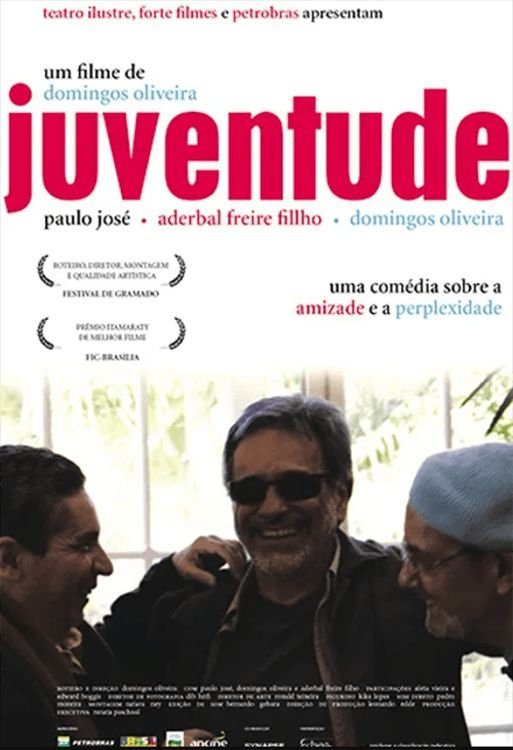
David, a man in his twillight years, lives all by himself and decides to invite two childhood friends for a day at his house in Petrópolis, where they spend hours talking about the past.
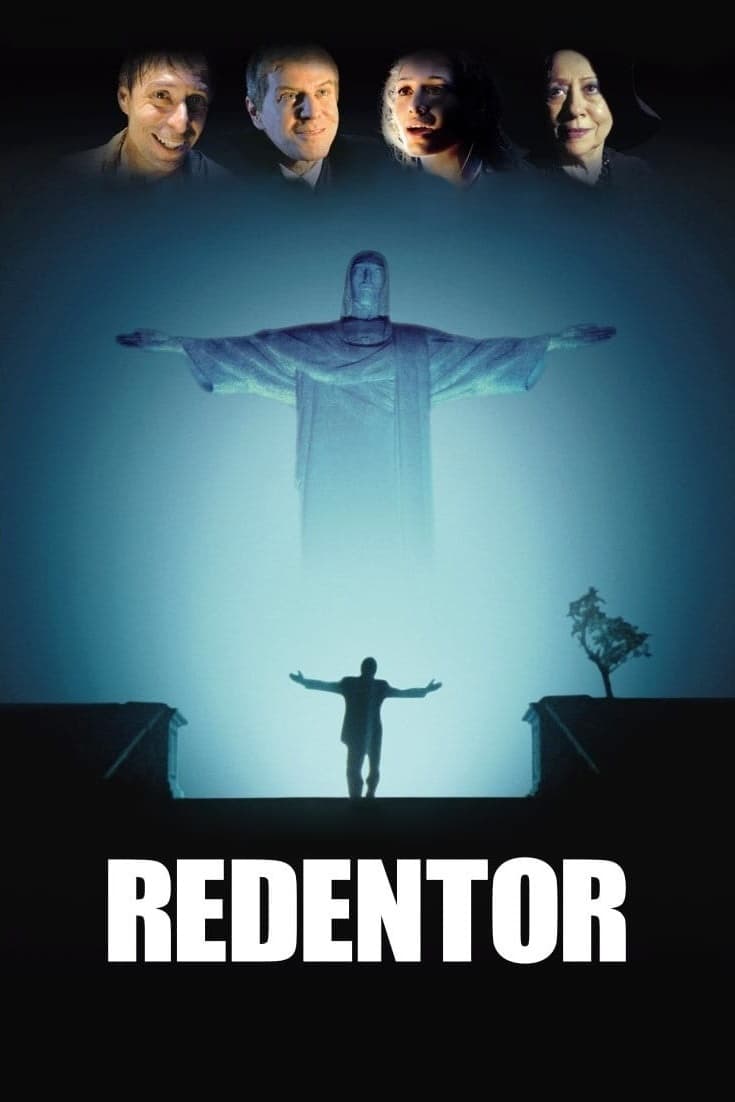
Célio Rocha believes he was assigned by God Himself a difficult mission: to persuade his childhood friend Otávio Sabóia, a corrupt entrepeneur in the construction business, to give away all his possessions to the poor.
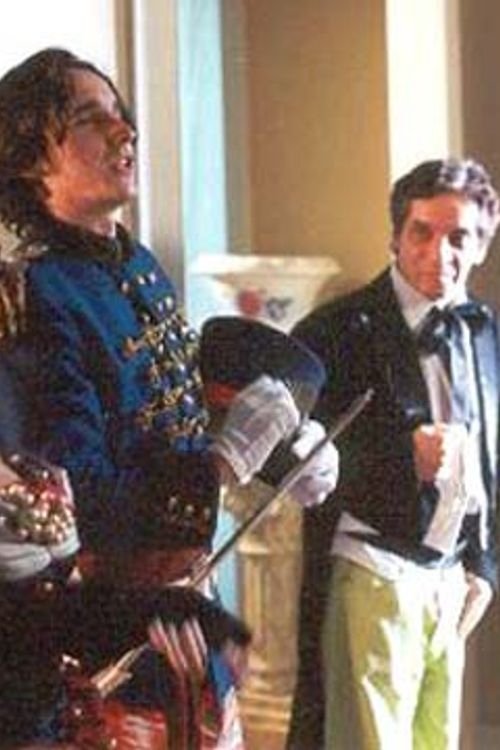
The film tells a little of the history of Brazil immersed in the caricature of the conditions of making cinema in this country. Flora and Carlos Manoel fall in love. She, from a family linked to the Monarchy, and he, a republican activist, live their love in the last days of the monarchy, without knowing that the end of the empire would also mean the end of their romance.
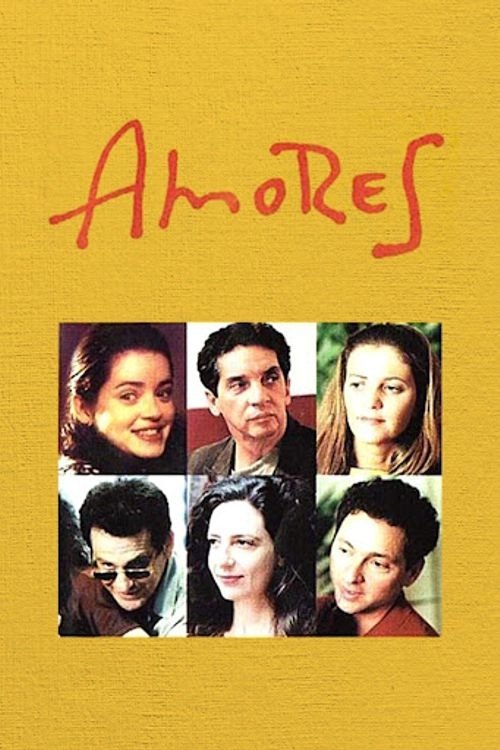
In Rio de Janeiro, at the end of the millennium, a group of mostly middle-aged friends share their lives and experiences with each other.

Documentary that addresses, through the testimony of directors and actors, the work of Dib Lutfi, considered one of the greatest photographers of Brazilian cinema.
Domingos José Soares de Oliveira (September 28, 1936 — March 23, 2019) was a Brazilian actor, playwright, stage director, TV host, poet and filmmaker. After getting a bachelor's degree in Engineering, he got involved in amateur theatre and soon started to get involved with cinema, specially with the Brazilian New Wave (Cinema Novo) movement. He served as assistant director to Joaquim Pedro de Andrade in short films "Manuel Bandeira, o Poeta do Castelo" and "Couro de Gato", and debuted as a film director with 1966's "Todas as Mulheres do Mundo". After that, Oliveira wrote over 20 stage plays, directed 18 films and hosted 3 TV shows, all in which he constantly worked with his partner Priscilla Rozenbaum. For his plays and occasionally self-starred very low-budget films often deal with themes of love and sex in a humorous and intelligent key, he became known as the "Brazilian Woody Allen". During his late years, Oliveira struggled with Parkinson's Disease, but kept working until his passing in March 2019.
By browsing this website, you accept our cookies policy.